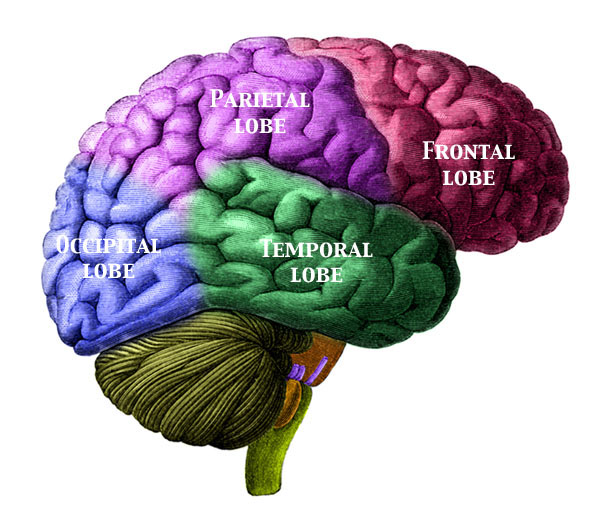
Regular readers of my posts will be aware that I reject materialism. One of the strongest arguments for materialism, however, is that its alternative, dualism, is untenable. The main problem confronting dualism is the “interaction problem”: how can an immaterial mind, which is completely lacking in physical properties, exert any causal influence on the material world? The idea seems to make no sense at all.
In today’s post, I’m going to examine one argument which attempts to dissolve the interaction problem, and explain why I think the argument does not succeed. (I’ll propose a tentative solution in my next post.) According to the solution put forward by Professor Edward Feser, a well-known philosopher of mind, the interaction problem only arises if you think (as Descartes is supposed to have done) that mind and body are two things, and that the former interacts with the latter in a purely mechanical fashion – as if the mind were like a “spiritual billiard ball” that could somehow set “physical billiard balls” (i.e. neurons in the brain) in motion. (Descartes’ actual views are the subject of some debate, but the picture I’ve outlined here is commonly referred to as Cartesian dualism.) Professor Feser objects strongly to the mechanical conception of causality that has dominated philosophy for the last 300 years, because it completely ignores the directedness (or finality) of causal processes, as well as the forms of causal agents, which make them the kinds of entities they are.
While I share Feser’s view that Cartesian dualism is flawed, I disagree with his claim that Aristotle’s hylemorphic dualism (which views the soul as the form of the body and not as a separate entity) automatically dissolves the interaction problem. I shall argue that while minds do not interact with brains, people can and do interact with their brains in a non-physical manner. (Just to be clear, I’m talking about efficient-causal interaction here: I’m claiming that I can cause the neurons in my brain to move, simply by deciding to raise my arm.) Read More ›




